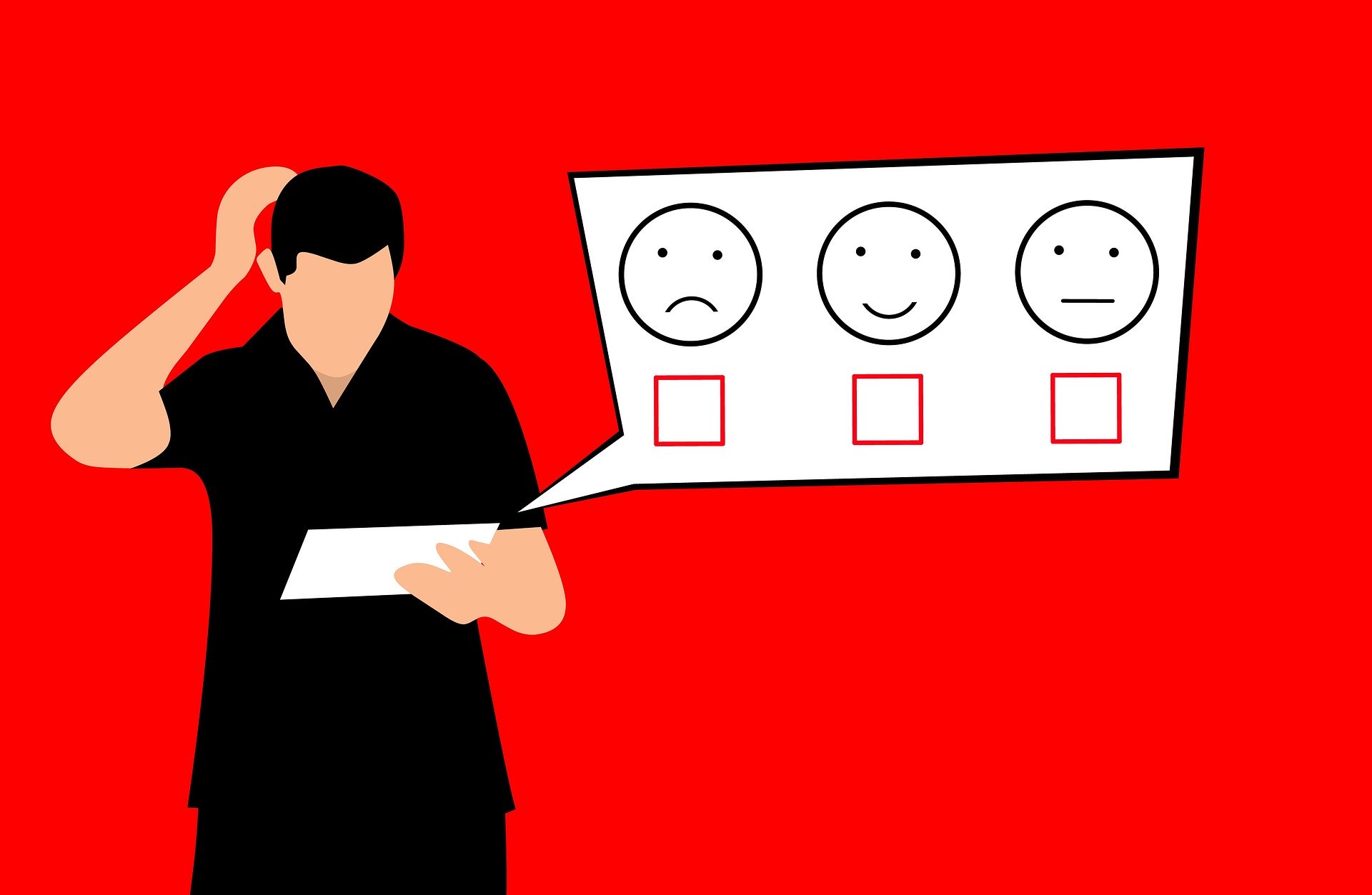COVID 19 continues to impact immediate supply, sales and demand throughout the global fashion supply chain. But brands must also be aware of the long-term consequences of their response and behaviours during this crisis, both on consumer spending and their business reputation.
Fashion brands will be judged on how they acted during COVID 19
Throughout the pandemic so far, brands and businesses in all sectors have been judged on their response to COVID 19. From whether businesses take staff safety seriously, to how they have been interacting with customers during lockdowns; customers will have noticed brand behaviour. If brands haven’t acted responsibly or fairly, they face consumers removing their loyalty – and with that, their future purchasing power.
This will have significant, far-reaching impacts on the fashion industry post-Covid. While brands can be tempted to focus on the immediate problems of unfulfilled orders and mountains of stock across the globe, this is shortsighted. How a brand treats its supply chain, textile workers and consumers during the different phases of coronavirus will directly influence the sustainability of every brand – and fashion brands must not ignore this.
Brands behaving badly are being called out by industry campaigns
The rights of workers involved in the textile global supply chain has long been a concern – even before coronavirus. Many manufacturers and fashion brands have not met their responsibilities to their workers, and the pandemic is particularly highlighting these failures. Recent reports from India involving H&M cancelling orders leading to a factory shutdown demonstrate just how vulnerable workers are – and this is amplified if brands don’t behave honorably or as contracted during this period.
Campaigns such as Clean Clothes are putting pressure on brands to behave better, as well as shaming the ones that fall short. This includes campaigning for retailers having to honour contracts already signed, guaranteeing a safe Covid-secure work environment for labourers and a guarantee of paid wages helping with security.
Consumers will also push back on fashion brands
As customers become more aware of the ethics and mechanisms behind fast fashion brands, they’re taking more personal responsibility to shop more sustainably and ethically –including actively supporting brands acting honorably during COVID 19. While brands should act with corporate responsibility in mind throughout the global supply chain without the pressure of potentially negative PR; a good reputation is an essential component for a sustainable business post-COVID. It’s vital for building consumer confidence and loyalty.
Put simply, a brands’ actions during the pandemic will directly impact how customers spend with brands after coronavirus. Recent research reports up to 65% of consumers say that a brands’ response will drive their future purchasing choices. Social media is likely to play a massive role here too, with brands’ behaviour instantly being amplified by consumers and reviewed across customer social networks.
Brands must ensure a positive, effective COVID 19 response
The COVID 19 crisis is an uncertain time for many industries, and fashion is certainly no different. But there are huge opportunities for brands to behave better during and post-COVID, driving customer loyalty and support as well as ensuring the health, fair treatment and security of everyone in the global supply chain. Brands who don’t do this will find themselves called out – firstly by industry campaigns, and ultimately by consumers. It’s possible too that forward-thinking brands embrace this chance for much-needed change across the entire supply chain, encouraging long term sustainability.
Textile Consult is a management and training consultancy operating worldwide. We’re currently working with clients to find the best sustainable solutions in the textile industry. Contact us to find out how we can advise your business on sustainable textile solutions.


